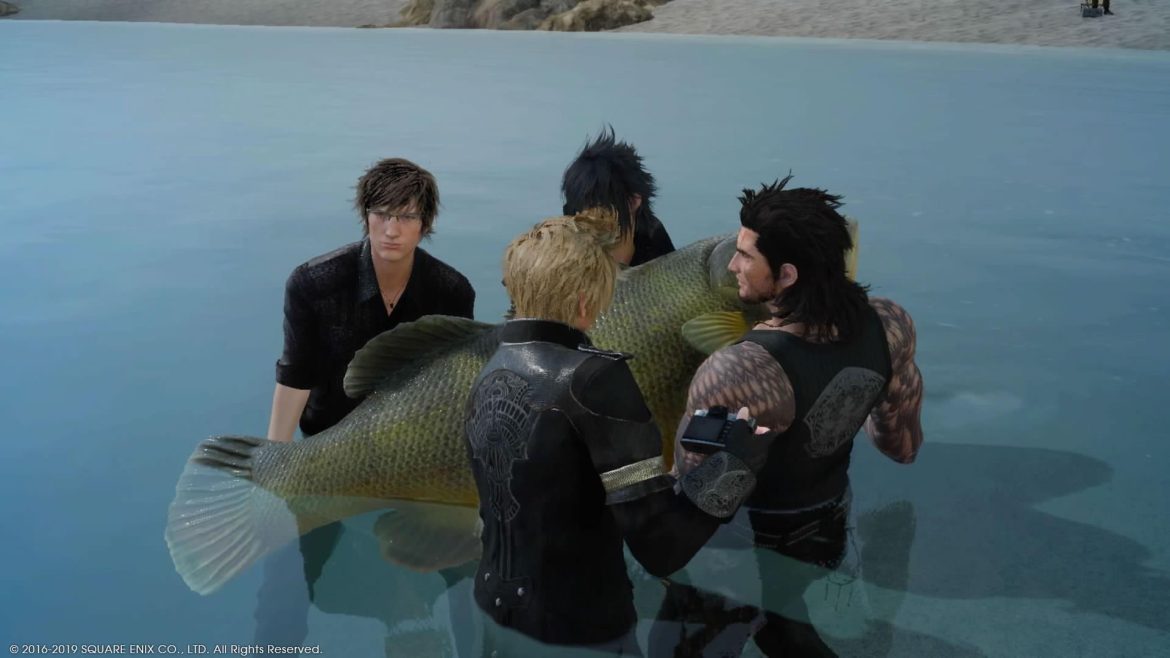Welcome back readers.
Started a new job this week, putting a hard reset on my work/sleep schedule and bringing you this week’s issue a conspicuous number of hours early. Can I keep it up? Only time will tell!
This Week in Videogame Blogging is a roundup highlighting the most important critical writing on games from the past seven days.
Opening Hookshot
Let’s start things off with a pair of perspectives on Tears of the Kingdom, each peeling the game back a little to challenge it in different ways.
- Tears of the Kingdom shows that without change, accessibility in Nintendo games will remain accidental | Eurogamer.net
Geoffrey Bunting excavates the layers of Nintendo’s all-ages, yet bullish and insular design culture. - Tears of the Kingdom’s ending is its own kind of tragedy | Polygon
Jay Castello links TOTK‘s status quo-resetting resolution back to an overall series maintaining a thematic holding pattern.
“What Tears of the Kingdom ultimately says about bodies is that in a neat, happy ending, they can only exist one way. Prosthetics, scars, or deliberate modifications are blemishes that must be erased in the same sweep as the Demon King himself. Like the rest of the narrative — like the rest of the franchise — it doesn’t celebrate anything changing.”
Contextual Input
Now for an RPG-focused section, situating games in–as well as untangling them from–the wider contexts of metafranchises, fandoms, and meme culture.
- Friendship and Loneliness – An Incomplete Look at Final Fantasy XV | Pixpen
Sam Howitt parallels Noctis’ solitary story with the separation of Final Fantasy XV itself from the noise of its transmedia ecosystem. - Why Do Trans Women Love Fallout New Vegas | press.exe
Talen Lee digs a little deeper into a meme to talk about communities of fandom and self-identification.
“Lots of people like Fallout New Vegas. It’s not a secret mysterious cult hit. It doesn’t need special trans significance to be a beloved game in the trans community. Coming out in the right chunk of time for a community with common interests means that of course a bunch of them would relate to it. You might as well point out the common thread of trans women using Windows 7, because in the same general band of time they probably did.”
Press Start to Continue
Fresh perspectives on name-brand classics.
- Essential experiences: Scrolling beat ’em ups | Kimimi The Game-Eating She-Monster
Kimimi embarks on a tour of a beloved genre, past and present. - Contra [1987/1988] + Metal Gear [1987] | Arcade Idea
Art Maybury continues a hotstreak of making you feel really complicated about NES games.
“Contra is certainly jingoistic and hawkish, but it just takes that attitude for granted rather than advocating for it or thinking it out, getting by on vibes, then it further obscures its politics by ostensibly not taking place in the reality of 1987. It’s a very cynical triangulation: with one hand, it uses a hot-button issue to get some attention, and with the other, busily declaims and buries its position towards that issue. It is just another game where you extend your will through the barrel of a gun, into the computer space that attempts to violently repel you, and it passively discourages further thought about its form or real-world implications.”
Media Rez
Now let’s explore analog and mixed-media approaches in cool-and-recent games.
- Review: The Librarian’s Apprentice Celebrates the Magic of Libraries | Sidequest
Alenka Figa checks out a solo journaling game that captures the catharsis of being a librarian. - How Games like Dordogne Use Mixed Media to Explore Family Dynamics in a Nuanced Way | Paste Magazine
Phoenix Simms contemplates how Drogone synthesizes many fis lo and hi to explore intergenerational bonds.
“Dordogne is only one game that displays the medium’s ability to showcase how complex interconnections between different generations and their attendant forms of self-expression and art-making can be. Our media is intertwined with our nostalgia and often nostalgia points towards what different generations believe or hold dear.”
Critical Chaser
Let the past die.
- against the will of game databases | GlitchOut
Oma Keeling asks who the archive is for when the artist wants to forget.
“The will to archive in the ways that most are taught to archive is not an innocent one, it is one of accumulation and the continuation of imperialist and capitalist thought. It is a history of racism and deprivation and destruction and the perfection of history into an art dominated by a handful of countries.”
Subscribe
Critical Distance is community-supported. Our readers support us from as little as one dollar a month. Would you consider joining them?
Contribute
Have you read, seen, heard or otherwise experienced something new that made you think about games differently? Send it in!


